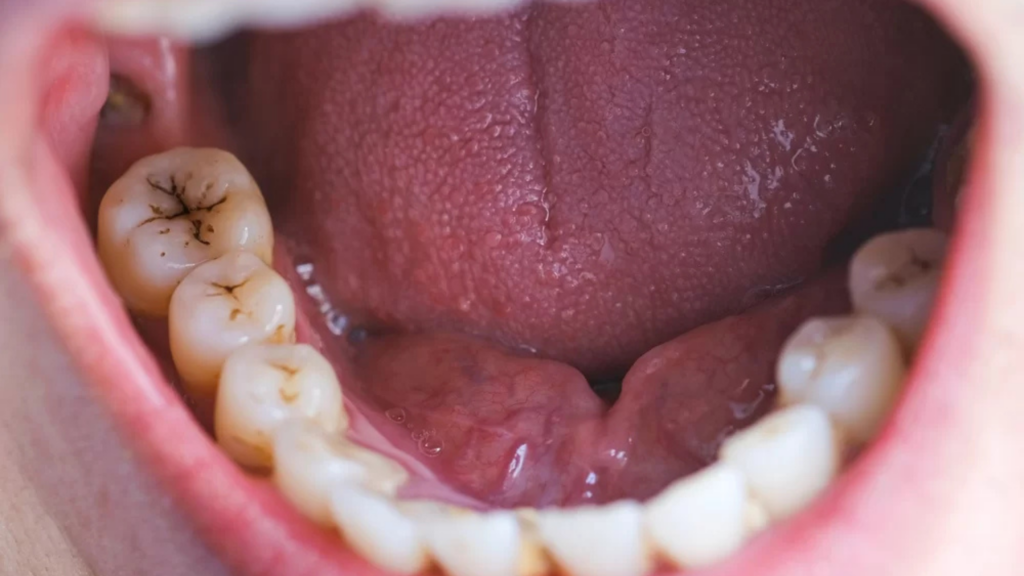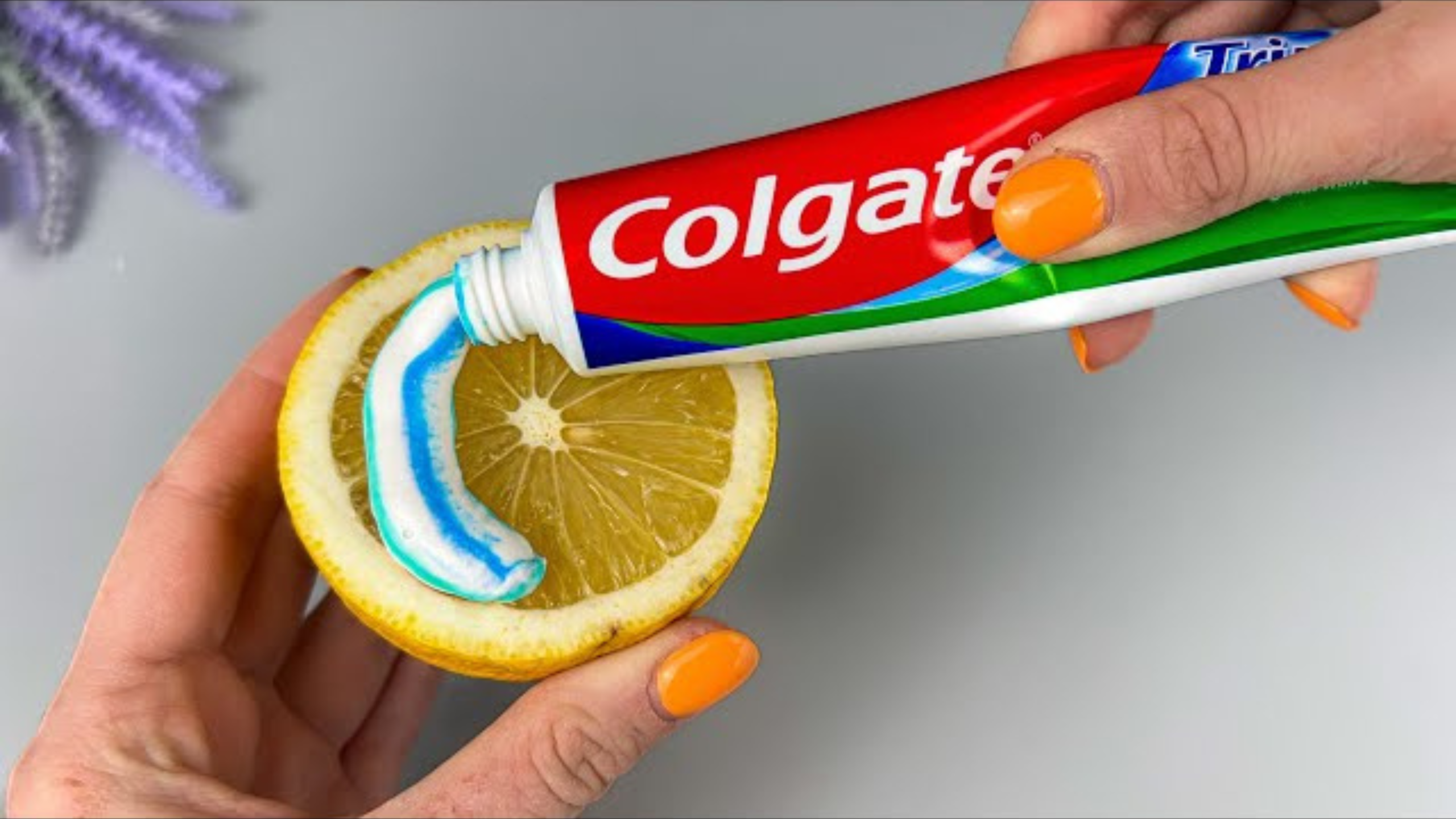Tooth decay initiates as harmful bacteria generate acids that erode the protective enamel covering your teeth. While significant cavities demand professional dental intervention, early-stage decay and weakened enamel can often be managed through consistent natural practices. By encouraging your body’s natural remineralization processes, you can strengthen your teeth, enhance oral health, and minimize the risk of future cavities. Below are six effective methods to help restore enamel and maintain strong, healthy teeth using natural solutions.
1. Emphasize Nutrition That Supports Enamel
Nutrition serves as a cornerstone of dental health. The right mix of vitamins and minerals is crucial for enabling your teeth to repair and rebuild themselves naturally.
Key Nutrients Essential for Strong Teeth:
- Calcium: Vital for strengthening enamel and maintaining tooth density; found abundantly in dairy products, seeds, and leafy greens.
- Vitamin D: Enhances the absorption of calcium; sources include sunlight, fatty fish, and eggs.
- Magnesium: Aids in the formation of enamel; present in nuts, whole grains, and legumes.
- Phosphorus: Essential for enamel rebuilding; abundant in fish, dairy products, and lentils.

Foods to Limit or Avoid:
- Sugary snacks and refined carbohydrates
- Acidic beverages such as soda and citrus juices
- Processed foods laden with additives that may weaken enamel
A nutrient-rich, whole-food diet lays a solid foundation for remineralization and promotes long-term oral health.
2. Incorporate Oil Pulling to Minimize Bacteria
Oil pulling is a time-honored Ayurvedic technique renowned for its ability to detoxify the mouth and support gum health. This practice effectively reduces harmful bacteria that lead to plaque formation and cavities.
Steps for Oil Pulling:
- Swish 1 tablespoon of coconut or sesame oil in your mouth for 10 to 15 minutes.
- Spit the oil into a sink (do not swallow it).
- Rinse your mouth with warm water, and brush your teeth as usual.
- Aim to repeat this practice daily, preferably in the morning before eating or brushing.
Regular oil pulling may lead to improved gum health, fresher breath, and reduced inflammation throughout the mouth.
3. Opt for Natural Toothpaste with Remineralizing Ingredients
Many commercial toothpastes contain synthetic additives. Choosing a more natural, remineralizing formula helps protect enamel and maintain a balanced oral pH.
Look for Beneficial Ingredients:
- Hydroxyapatite: A naturally occurring mineral that aids in enamel restoration.
- Baking Soda: Gently cleans teeth and neutralizes acids present in the mouth.
- Calcium Carbonate: Provides gentle polishing while delivering mineral support.
These components are effective for promoting enamel health without the abrasive qualities found in some conventional products.
4. Create a Simple Mineral Mouth Rinse
A mineral-enriched mouth rinse contributes to a healthy oral environment and can assist in enamel repair over time.
Homemade Mouth Rinse Recipe:
- 1 cup of warm water
- ½ teaspoon of sea salt
- ½ teaspoon of baking soda
- Optional: 1-2 drops of clove or peppermint essential oil for their natural antibacterial properties
Instructions:
- Mix all ingredients together.
- Swish the mixture in your mouth for 30 seconds, then spit it out.
- For optimal results, avoid eating or drinking for at least 30 minutes afterward.
5. Utilize Herbal Remedies for Oral Support
Certain herbs are excellent for bolstering oral health by minimizing bacteria, alleviating discomfort, and promoting gum integrity.
Noteworthy Herbal Options:
- Clove Oil: Acts as a natural antiseptic and mild anesthetic; can be diluted and applied to teeth or gums for temporary relief.
- Neem: Traditionally valued for its antimicrobial properties; neem powder or extract can be mixed into toothpaste.
- Licorice Root: Possibly reduces plaque deposits and enhances gum health when used as a mouth rinse or chew stick.
These natural remedies complement your regular oral hygiene routine and provide additional defensive support.
6. Promote Saliva Production and Maintain Oral Hydration
Saliva is essential for neutralizing acids and supplying minerals to your teeth. Fostering a healthy flow of saliva significantly helps in the remineralization process.
Ways to Increase Saliva Flow:
- Ensure adequate water consumption throughout the day.
- Chew sugar-free gum containing xylitol.
- Steer clear of caffeine, alcohol, and tobacco, as these can dry out your mouth.
A well-hydrated mouth is less likely to harbor harmful

